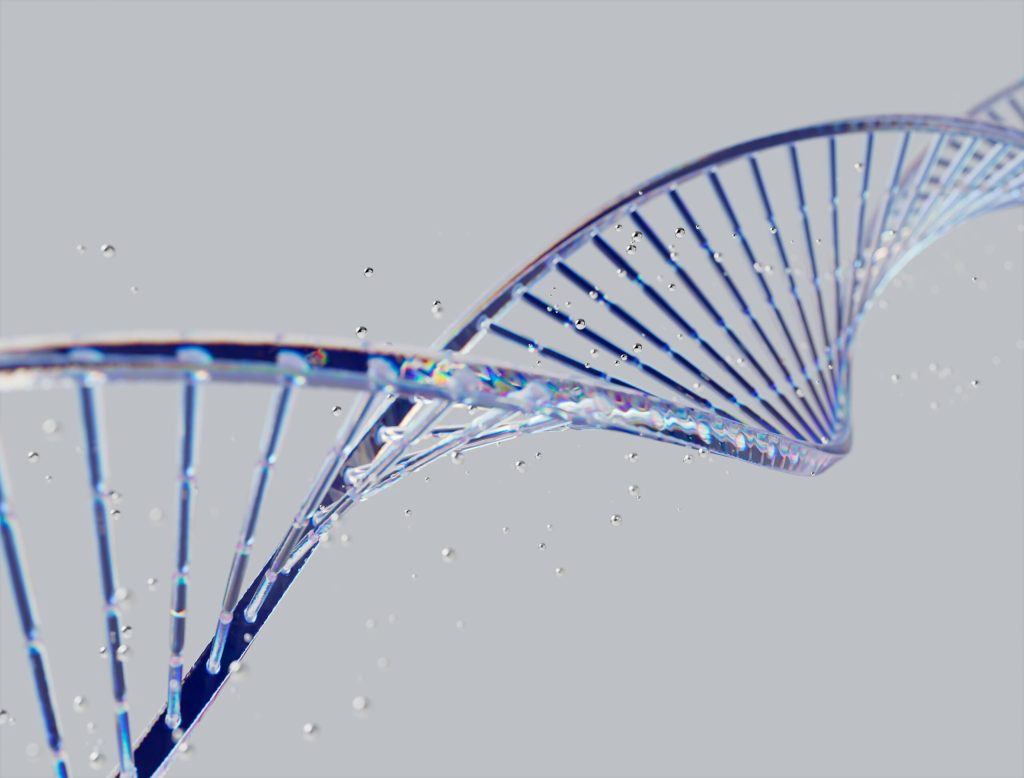Google DeepMind has introduced a new AI tool called AlphaGenome. It reads long stretches of human DNA and predicts how even the tiniest changes might affect how genes behave. It does not look at personality traits or ancestry like commercial DNA kits. Instead, it looks at the tiny molecular switches that decide how our genes turn on or off.
Only 2% of our DNA codes for proteins. The other 98%, often called non-coding DNA, has been much harder to understand. AlphaGenome focuses on that part.
It predicts what effect a single mutation might have across different cell types and tissues. So, it can spot if a change might affect RNA production, disrupt gene splicing, or increase gene activity in the wrong place, for instance…
Pushmeet Kohli, head of research at DeepMind, said the model brings together many of the problems that have made genomics difficult to study with computers. Now, researchers can enter a DNA sequence of up to one million letters and get fast predictions across a wide set of gene regulation processes.
How Does AlphaGenome Actually Work?
AlphaGenome is built on the same transformer architecture used in large language models. It takes a long piece of DNA and breaks it down through a series of steps… first spotting small patterns, then linking them across the whole sequence. From there, it predicts where genes start and stop, where proteins might bind, how RNA gets spliced, and how gene activity might change after a mutation.
It was trained using huge public datasets such as ENCODE and GTEx. These datasets include lab results from thousands of human and mouse cells, showing how DNA works in different tissues. The model then used that data to learn how to make accurate predictions based on raw DNA letters.
In tests, AlphaGenome beat all other current models in 22 out of 24 categories for single sequence predictions. It also performed better than specialised models in 24 out of 26 tasks when it came to predicting the effects of genetic changes. No other model could match its range.
What Can Scientists Do With It?
Researchers often deal with huge lists of genetic mutations linked to disease. The problem is knowing which of those actually matter. Caleb Lareau, a computational biologist at Memorial Sloan Kettering Cancer Centre, said AlphaGenome helps sort that list by predicting which changes actually affect gene behaviour. This kind of filtering used to require months of lab work. Now it can be done in minutes on a computer.
In one case, scientists used AlphaGenome to study a known cancer mutation found in patients with T-cell leukaemia. The model predicted that this mutation would activate a nearby gene linked to the disease. Lab results had already shown this was the case, confirming the model’s accuracy.
It could also be useful in synthetic biology. Scientists designing custom DNA sequences for research or treatment could test those sequences with AlphaGenome before trying them in a lab. For instance, they could design a bit of DNA that activates a gene only in the brain and not in muscle tissue.
Professor Marc Mansour at University College London believes the tool will help with hard to study genetic conditions where large effects come from rare changes. These are often missed in broad genetic studies but have serious medical consequences.

